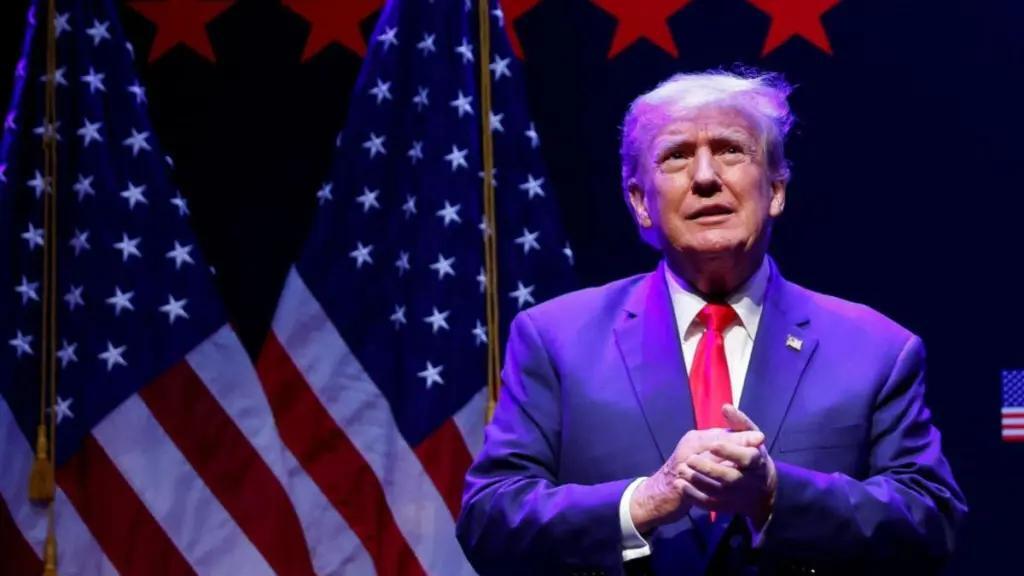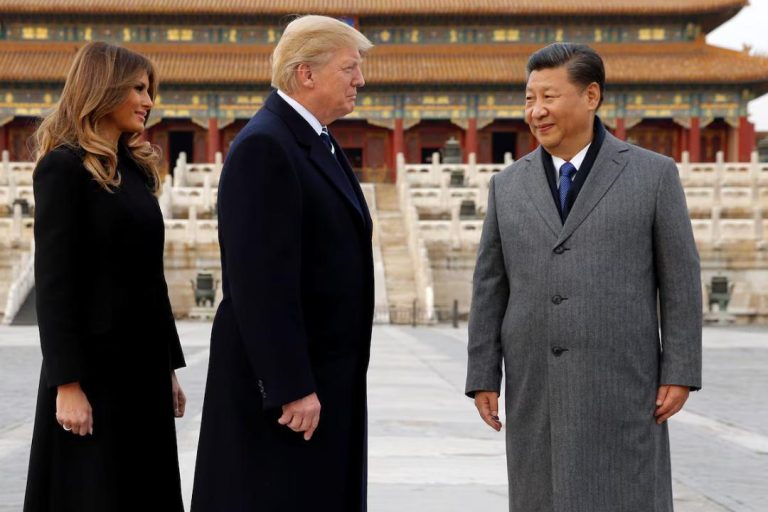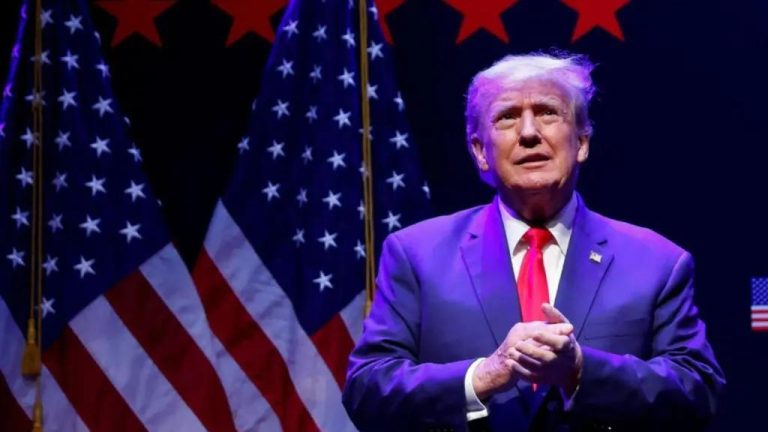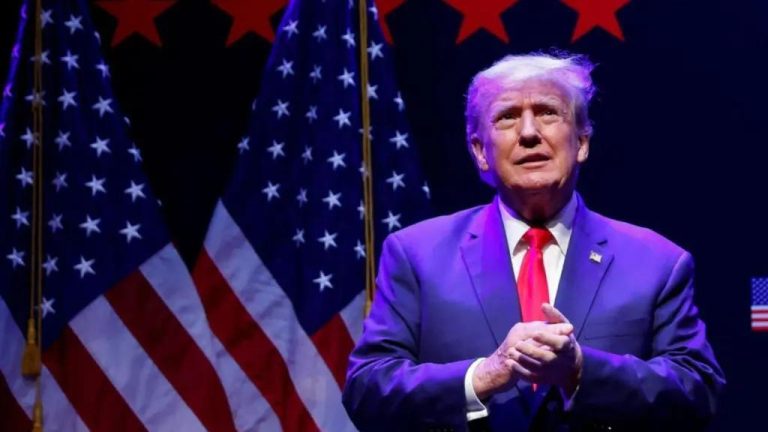
Donald Trump Exempts Smartphones & Computers from Reciprocal Tariffs
In a move that has been widely welcomed by tech giants, United States President Donald Trump has excluded smartphones, computers, and other electronic items from the reciprocal tariffs imposed on Chinese goods. The exemption, which was announced through a Customs and Border Patrol notice, comes as a relief to companies like Apple, which had been worried about the potential impact of the tariffs on gadget prices.
As you may recall, Trump had imposed a 25% tariff on over 5,000 products, including electronics, in May in an effort to address the trade deficit with China. The move was widely seen as a retaliatory measure, as China had imposed its own tariffs on American products, including soybeans and pork. The tariffs were initially set to take effect in June, but were delayed until September.
The latest development is a significant departure from Trump’s earlier stance, which had threatened to impose tariffs on a wide range of electronic products, including smartphones, computers, and laptops. The exemption is likely to benefit companies like Apple, Samsung, and HP, which rely heavily on Chinese manufacturing facilities to produce their products.
According to industry experts, the exemption is a significant blow to China’s efforts to retaliate against the US tariffs. China had been planning to impose its own tariffs on American electronic products, including smartphones and computers, in response to the US tariffs. However, with the exemption, these products will no longer be subject to Chinese tariffs, effectively neutralizing China’s retaliatory measures.
The exemption is also seen as a significant victory for the tech industry, which had been vocal in its opposition to the tariffs. Tech companies had argued that the tariffs would lead to higher prices for consumers, as well as job losses and revenue declines. In a statement, Apple had said that the tariffs would “result in substantial harm to Apple and many of its customers.”
The exemption is not limited to just smartphones and computers. Other electronic products, including televisions, printers, and gaming consoles, have also been excluded from the tariffs. The Customs and Border Patrol notice also exempted certain types of electronic components, including semiconductors and circuit boards.
However, not all electronic products have been exempted. Tariffs will still apply to certain products, including certain types of touchscreens, display panels, and other electronic components. The notice also exempted certain products that are not manufactured in China, such as those made in Vietnam or Thailand.
The exemption is likely to have significant implications for the global trade landscape. China is the world’s largest producer of electronics, and the US is one of its largest markets. The exemption will allow US companies to maintain their supply chains and production facilities in China, without having to worry about tariffs.
However, the exemption is not without its limitations. The US still has tariffs in place on a wide range of Chinese products, including textiles, clothing, and footwear. The tariffs are likely to remain in place until a broader trade agreement is reached between the US and China.
In a statement, the White House said that the exemption was made in order to “mitigate the impact of tariffs on American consumers and businesses.” The statement also emphasized that the tariffs were still in place to “protect American jobs and industries.”
The exemption has been widely welcomed by the tech industry, with companies like Apple and Samsung expressing relief at the news. In a statement, Apple said that it was “pleased that the administration has taken steps to mitigate the impact of tariffs on American consumers and businesses.”
The exemption is also seen as a significant victory for the US-China trade talks, which have been ongoing for several months. The talks have been focused on resolving the trade dispute and reaching a broader trade agreement between the two countries.
In conclusion, the exemption of smartphones, computers, and other electronic items from the reciprocal tariffs is a significant development in the US-China trade dispute. The move is likely to benefit tech companies like Apple and Samsung, and will allow them to maintain their supply chains and production facilities in China. However, the tariffs are still in place on a wide range of Chinese products, and the trade dispute is likely to continue until a broader agreement is reached between the two countries.






